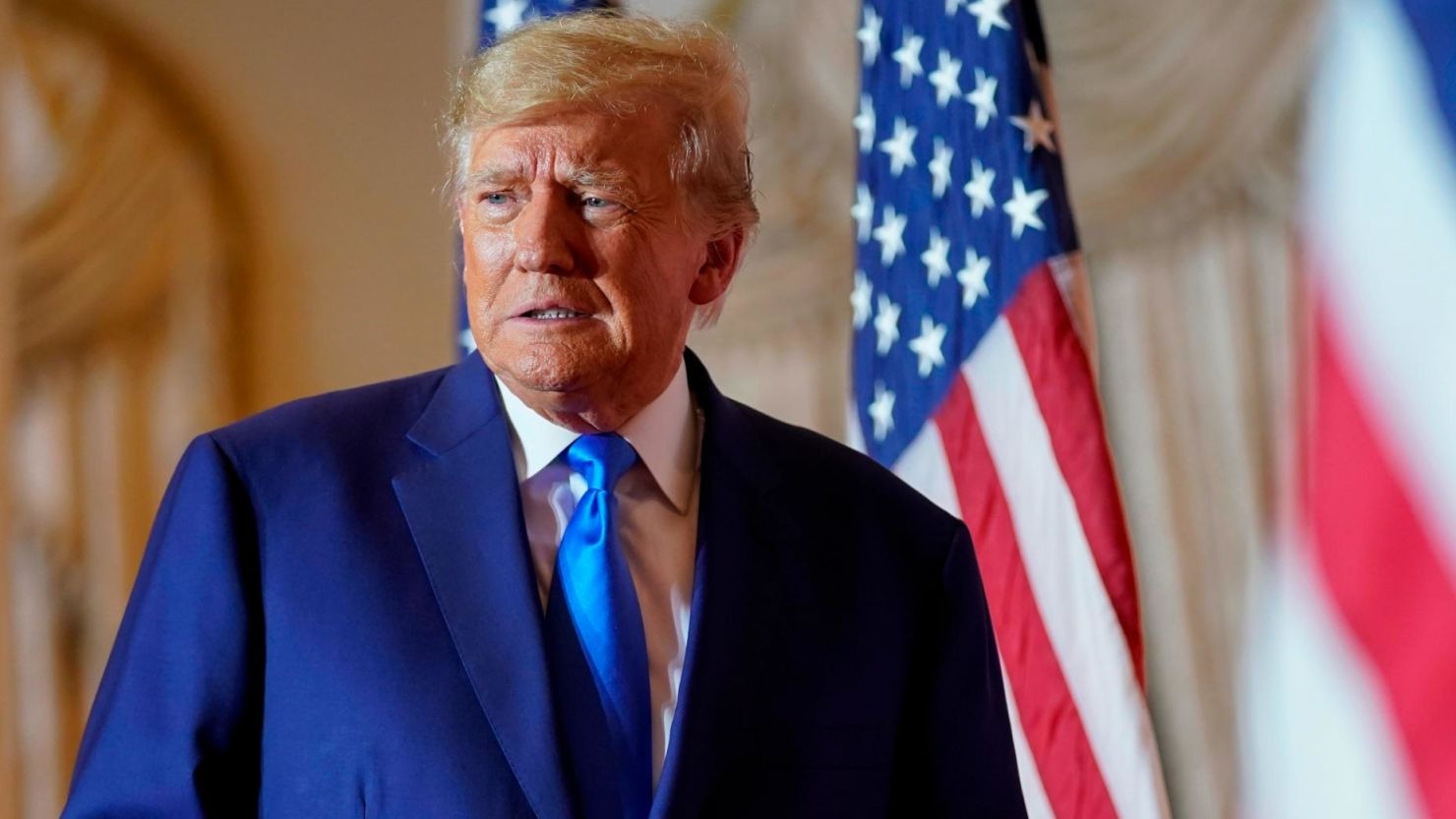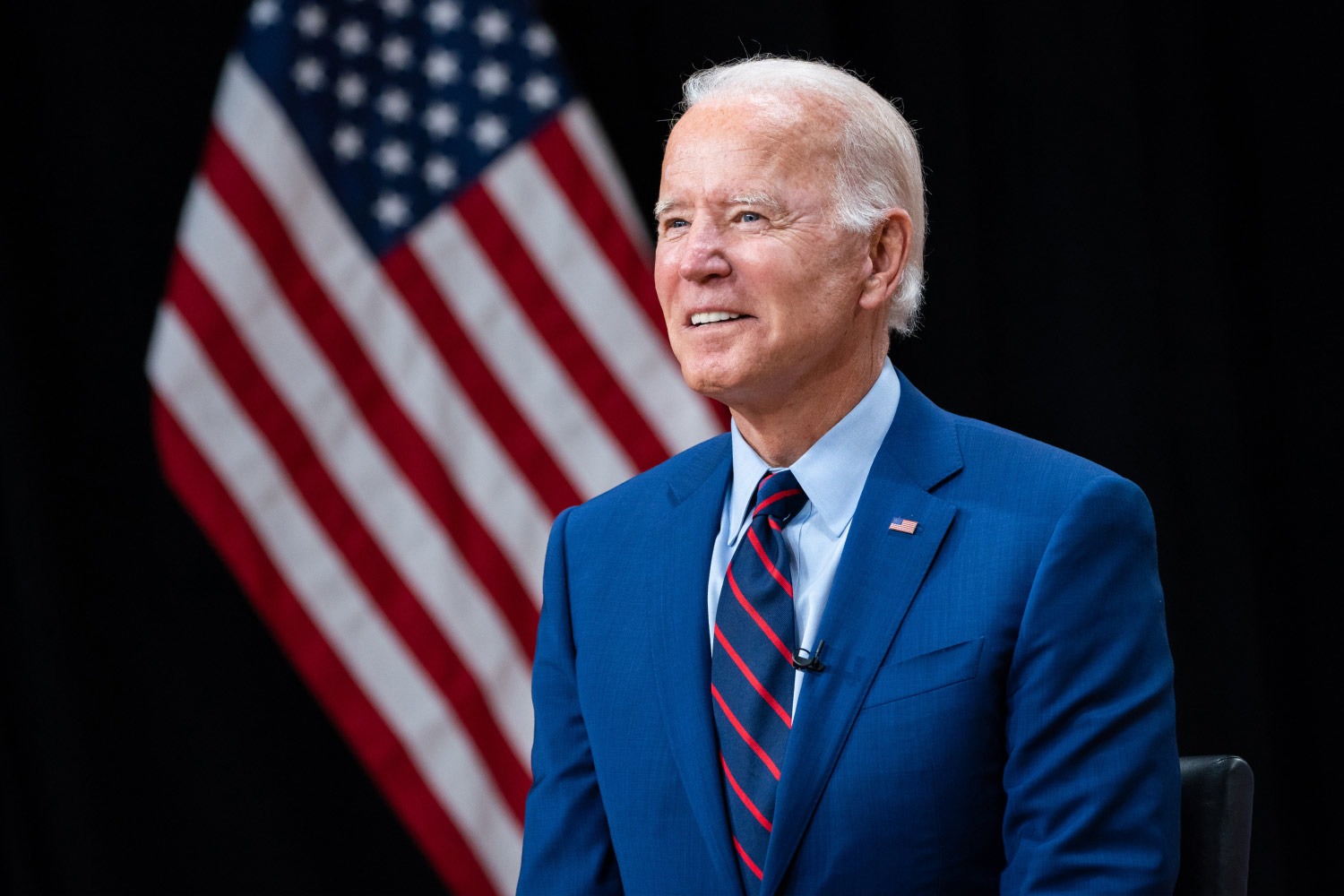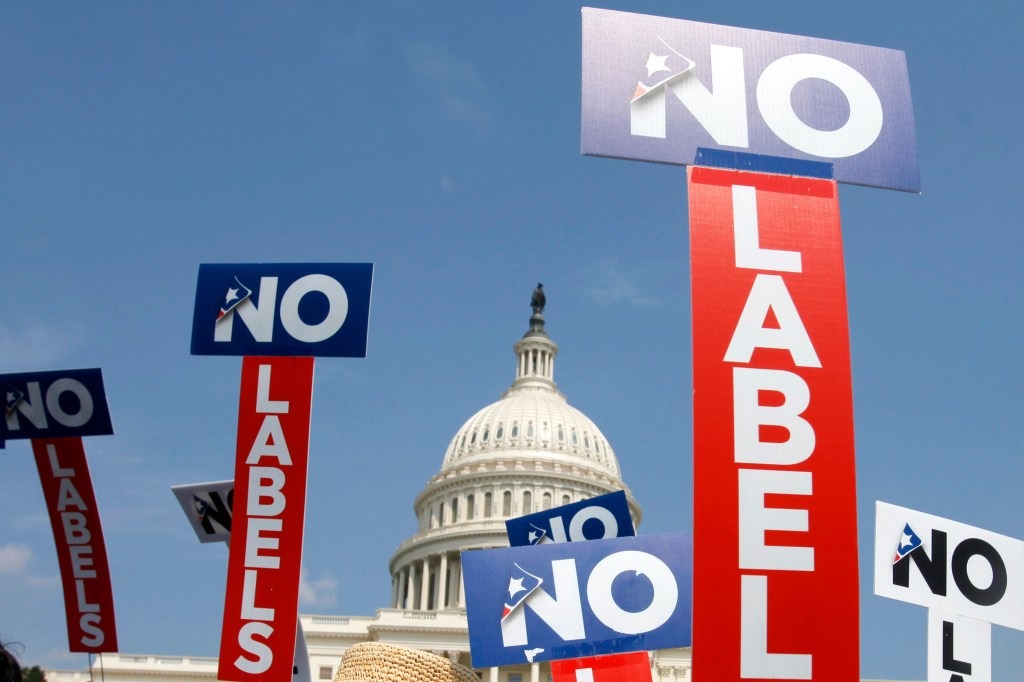No Labels, a bipartisan organization, has announced that it will not field a presidential candidate in the upcoming election, citing the inability to attract high-profile centrist candidates who could challenge President Biden and Donald Trump.
This decision solidifies the general election matchup between Biden and Trump, leaving anti-vaccine activist Robert F. Kennedy Jr. as the only prominent outsider still in the race.
The group’s decision follows months of discussions and fundraising efforts, during which they sought candidates with a credible path to victory. Despite qualifying for the ballot in 21 states, No Labels failed to persuade top-tier moderates from either party to join its movement.

Democrats, who feared a No Labels ticket would fragment Biden’s coalition and benefit Trump, welcomed the decision. MoveOn executive director Rahna Epting expressed relief, emphasizing unity’s importance in defeating Trump. However, Kennedy’s candidacy remains, although critics argue that no third-party candidate has a viable path to the presidency.
No Labels’ struggles highlight the entrenched influence of the two-party system in American politics, according to Kennedy’s spokesperson Stefanie Spear.
The group had considered a “unity ticket” featuring candidates from both major parties but faced rejection from several potential contenders, including Nikki Haley, Joe Manchin, Larry Hogan, and Chris Christie.

Critics of No Labels, such as Matt Bennett from the centrist group Third Way, view the organization’s withdrawal from the presidential race as a positive development.
They had opposed No Labels’ ambitions, fearing it could harm Biden’s chances in battleground states. However, some disappointed supporters like Dan DuPraw in Philadelphia express disillusionment with the prospect of another Trump-Biden matchup but are considering alternative candidates like Kennedy.
